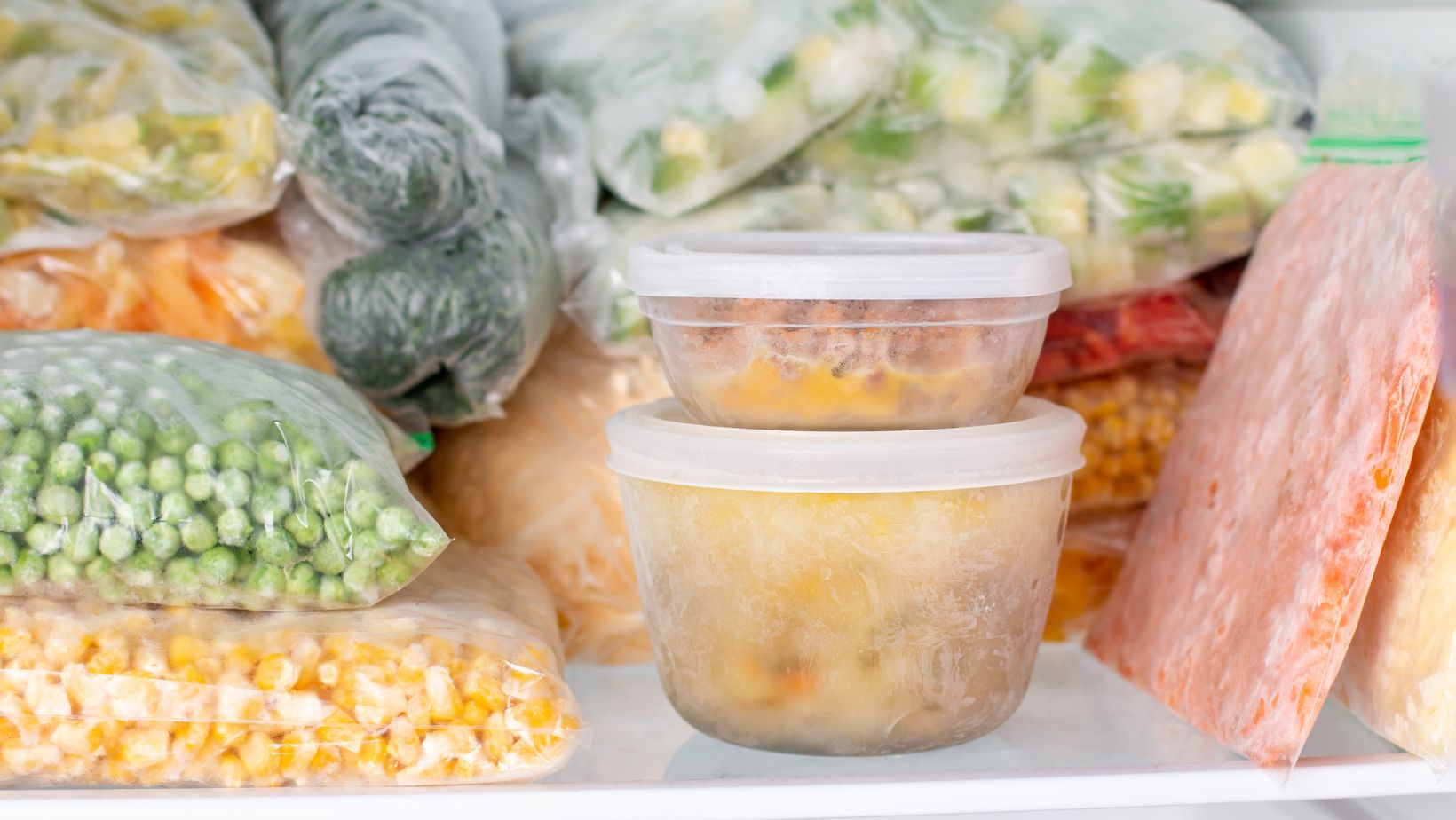Curious about whether frozen food can be a healthy option? As someone who’s passionate about nutrition, I’ve delved into the debate to uncover the truth. Many people assume that fresh is always best, but the reality is that frozen food can offer convenience without sacrificing nutritional value.
In this article, I’ll explore the benefits of frozen food and how it can fit into a balanced diet. From fruits and vegetables to whole meals, the freezer aisle has a lot to offer in terms of variety and quality. By understanding how to choose wisely and make the most of frozen options, you can enjoy both health and convenience in your meals. Let’s dive in and discover the facts behind the frozen food frenzy.

Is Frozen Food Healthy
Frozen food has gained a reputation for being a convenient but potentially less healthy option compared to fresh produce. However, I have found through my research and experience that frozen food can indeed be a healthy and nutritious choice.
When properly selected, frozen food retains its essential nutrients as it is picked and frozen at peak ripeness. For example, frozen fruits and vegetables are often picked and frozen within hours of harvest, sealing in their nutrients. This makes them a convenient and reliable source of essential vitamins and minerals.
Moreover, frozen food can be a time-saving option for busy individuals, allowing for quick meal preparation without compromising on nutritional quality. It provides a longer shelf life compared to fresh produce, reducing food waste and ensuring that you always have healthy options available.

Nutritional Value of Frozen Food
Exploring the nutritional aspects of frozen food is crucial in understanding its place in a balanced diet. Frozen food, packed at its peak ripeness, locks in essential nutrients, making it a valuable source of vitamins and minerals. By choosing wisely, I can ensure that the frozen options I select offer comparable nutritional value to fresh produce.
I appreciate the convenience of having nutrient-rich frozen fruits and vegetables readily available in my freezer. These items can be as nutritious as their fresh counterparts because freezing preserves their vitamins and minerals. Incorporating frozen produce into my meals allows me to enjoy a variety of fruits and vegetables without worrying about spoilage.
It’s essential to note that not all frozen foods are created equal. Some may contain added sugars, sodium, or preservatives, which can impact their overall nutritional value. Therefore, I always check the ingredient list and opt for plain frozen fruits and vegetables without any additives.

Comparison with Fresh Food
Exploring the nutritional value of frozen food further, I’ll now compare it to fresh food to highlight key differences for making informed choices. Frozen food, when selected wisely, can offer similar nutritional benefits to fresh food. Nutrients are locked in during the freezing process, preserving the goodness until consumption. Moreover, frozen fruits and vegetables sometimes have higher nutrient levels than their fresh counterparts, as they are frozen at peak ripeness.
However, fresh food may have a slight edge in terms of taste and texture compared to frozen options. Some people prefer the crispness of fresh produce over the slight softening that can occur during freezing. Additionally, fresh food might be more environmentally friendly as it can reduce packaging waste associated with frozen products.
When comparing convenience, frozen food often wins. It’s readily available, reducing food waste as it can be stored for longer periods without spoilage. On the other hand, fresh food needs to be consumed quickly to avoid spoilage, requiring frequent trips to the store for replenishment.
In terms of cost-effectiveness, frozen food can be more budget-friendly, especially when certain fruits and vegetables are out of season. You can enjoy your favorite produce year-round without breaking the bank. Fresh food, particularly out-of-season items, can be pricier due to transportation costs from distant locations.